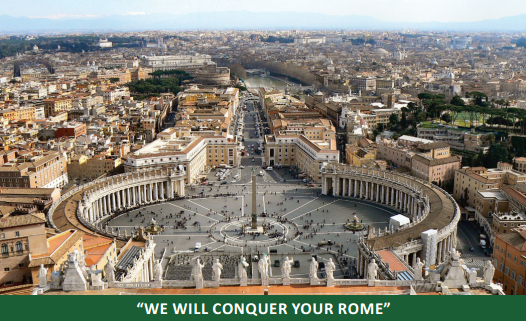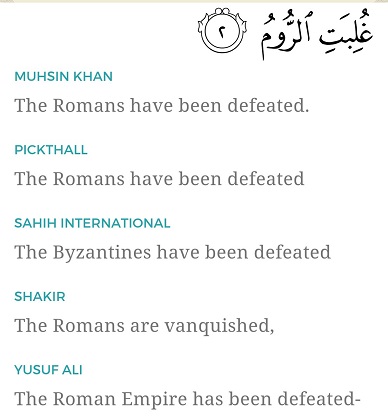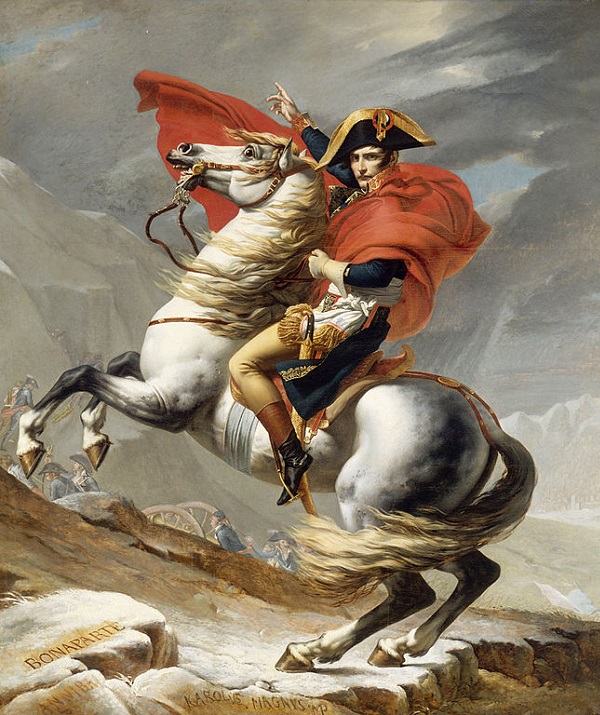Turkey — keeping an eye out for Gülen
Saturday, July 16th, 2016[ by Charles Cameron — a substantial side-current in the coup attempt draws attention to Gülen, who presently lives in the Poconos and is heavily involved in US charter schools ]
.
I don’t have anything fresh to say about the situation in Turkey beyond what others can say, but my interest in religious movements has long focused my attention on Fethullah Gülen.
Like his rough contemporary Harun Yahya aka Adnan Oktar — celebrated for his Islamic creationism — Gülen was a student of the late Said Nursi. He is reported to have been influenced by the works of Rumi, Ibn Arabi, and other sufis. Gülen has strengthened one sphere of his considerable influence by encouraging academics to write about him, and I’m not sure as to how much of what has been written as a result is the flattery of courtiers, and how much reliable scholarship — but for what it’s worth, Heon Kim‘s Gülen’s Dialogic Sufism: A Constructional and Constructive Factor of Dialogue, published in the then-Gülenist newspaper, Zaman, discusses both Gülen’ssufism and his interest in interfaith dialogue.
He’s certainly an interesting fellow to watch.
**
From Twitter:
Erdogan has accused the Gulen movement of being behind the coup. Kristin Fabbe explains what that's about https://t.co/b7a7j7TzXJ
— Marc Lynch (@abuaardvark) July 15, 2016
**
Whether or not this is true, Gulen's presence in Pennsylvania means the US has to decide what to do very quickly. https://t.co/ADA7C0wBAD
— DavidKenner (@DavidKenner) July 15, 2016
Erdogan sustained a major crackdown on Gulen followers, their charity, paper, etc. Blowback, if indeed orchestrated by them, inevitable.
— Wajahat Ali (@WajahatAli) July 15, 2016
No chance of Gulen – military alliance https://t.co/9fm28Tjldy
— Reza Aslan (@rezaaslan) July 15, 2016
**
How a man in Pennsylvania's Pocono Mountains (Imam Fethullah Gulen) is causing chaos in #Turkey https://t.co/ZUH3deUIjL #TurkeyCoup
— Patrick Tucker (@DefTechPat) July 15, 2016
**
If Erdogan restored, Gulen's position in US would create unprecedented US/Turkey crisis.
— ian bremmer (@ianbremmer) July 15, 2016
**
Erdogan has blamed the coup on the Gulen 'cult' led by Fethullah Gulen; its rise is documented in WikiLeaks https://t.co/DzfNaRTewU
— WikiLeaks (@wikileaks) July 15, 2016
US cables on Turkey's last #Gulen 'coup' https://t.co/ZMYIkLtjSx #TurkeyCoup #Erdogan
— WikiLeaks (@wikileaks) July 15, 2016
**
#TurkeyCoup: Hillary Clinton emails on the Turkish military's General Staff and Gulen https://t.co/2UA4AlsjuN
— WikiLeaks (@wikileaks) July 15, 2016
**
Who is Fethullah Gulen, and what is his role in the coup attempt in Turkey? https://t.co/EbFy9XtMDx pic.twitter.com/xa4dKbBuF0
— The New York Times (@nytimes) July 15, 2016
**
BREAKING
Statement by @AfSV_US about events in #Turkey, #Erdogan and #Gulen
More: https://t.co/U8oNY9Jfkr pic.twitter.com/nlNH3V2nhS— Emre Celik (@emrecelikrumi) July 15, 2016
**
Istanbul Police Chief says only 104 soldiers involved in #TurkeyCoup. Leader named as Col Muharrem Kose, recently dismissed as Gulen member.
— Jon Williams (@WilliamsJon) July 16, 2016
The fact that Erdogan's first impulse is to blame Gulen of all people, then vow revenge, explains why this coup happened in first the place!
— Reza Asln (@rezaaslan) July 16, 2016
**
Aha!
#Turkey Mr. Adnan Oktar is live on TV now. Watch in English at https://t.co/a3DVHlURs5 pic.twitter.com/gwIxTgzdUw
— Harun Yahya (@harun_yahya) July 16, 2016
**
Go figure.






